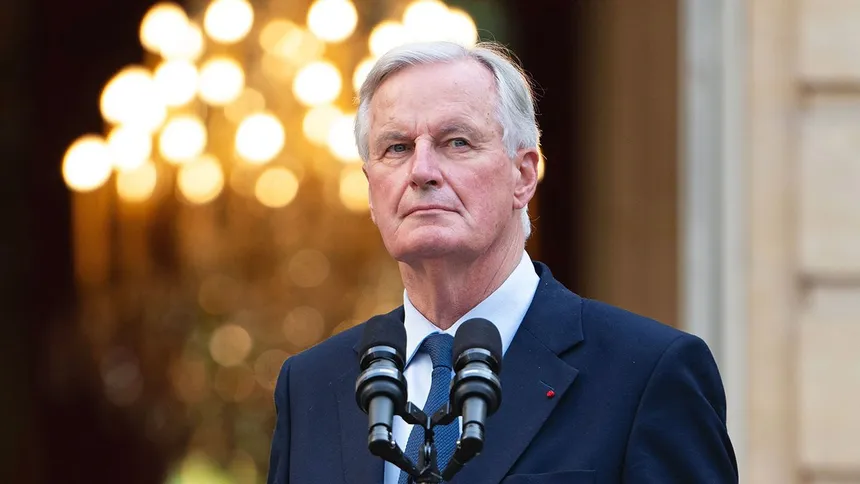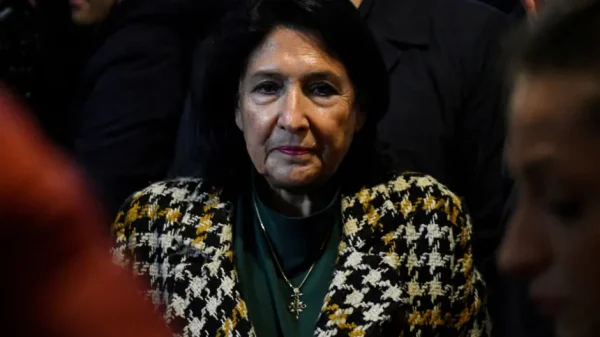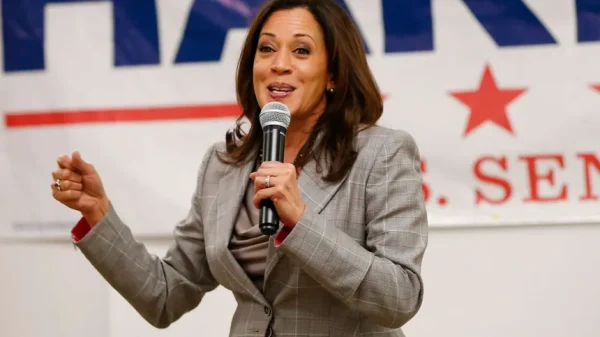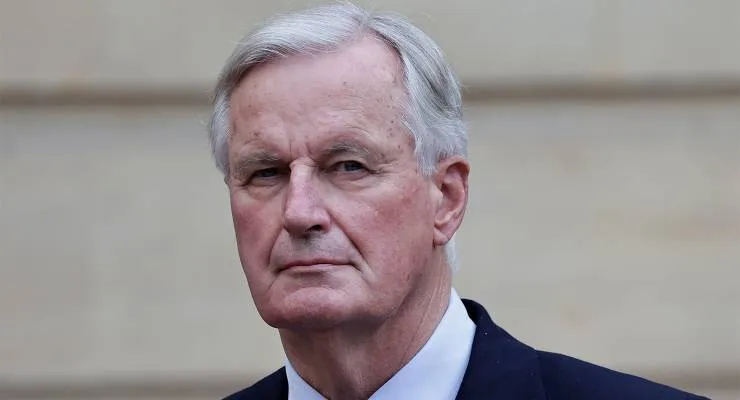France’s minority government, led by Prime Minister Michel Barnier, has survived a no-confidence vote, two weeks after taking office. The vote was brought by a left-wing coalition, the New Popular Front, composed of France Unbowed, Socialists, Greens, and Communists, who had tried to bring down the new conservative government. The motion received 197 votes, far from the 289 votes needed to pass, and was widely seen as a test for the new government.
In a divided National Assembly, where no single party won an outright majority, the National Rally group, led by Marine Le Pen, abstained from voting on the motion, giving the government a chance to prove itself. Mr. Barnier’s Cabinet is largely composed of members of his Republicans party and centrists from President Emmanuel Macron’s alliance, who together count just over 210 MPs.
Left-wing MPs, who secured the most seats at the National Assembly, denounced the choice of Mr. Barnier as prime minister, citing a “democratic hijacking” and claiming that they were not given a chance to form a minority government. Olivier Faure, head of the Socialist Party, accused the government of being “illegitimate” and claimed that the New Popular Front had won the most recent legislative elections.

Prime Minister Michel Barnier (Image via Getty)
However, Mr. Barnier rejected these accusations, stating that his government is not “illegitimate” and that nobody has an absolute majority in the National Assembly. He also expressed a commitment to working with all groups in the assembly, saying that he would “continue to listen, respect, and seek dialogue” with each group.
The survival of the minority government is a significant hurdle for Mr. Barnier and his cabinet, as they are forced to rely on the goodwill of the right-wing National Rally party to stay in power. Despite this, Mr. Barnier has shown a willingness to engage in dialogue with all groups in the assembly, potentially paving the way for a more collaborative approach in the parliament.


























